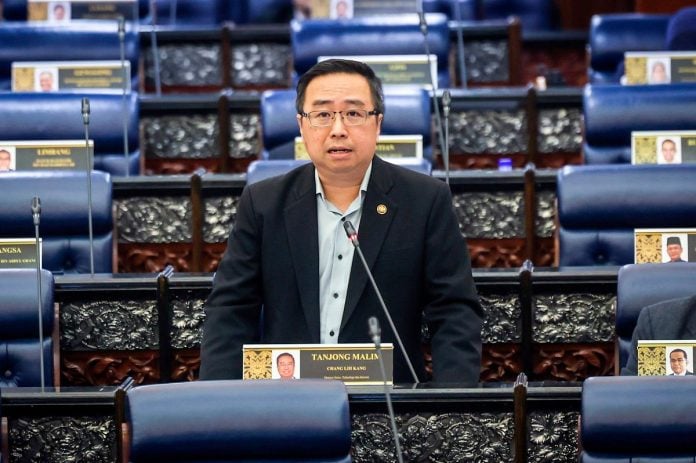PETALING JAYA: Malaysia is stepping up its push into nuclear energy, as the Science, Technology and Innovation Ministry (Mosti) prepares to propose key amendments to the Atomic Energy Bill – a move aimed at reinforcing the nation’s nuclear regulatory framework.
Minister Chang Lih Kang said the move reflects Malaysia’s commitment to exploring nuclear as a future energy source, alongside early progress in thorium (a radioactive metallic element) extraction.
“A pre-feasibility study on nuclear energy has been completed. Initial findings show strong potential for Malaysia to pursue this path,” he said in response to Kuala Terengganu MP Datuk Haji Ahmad Amzad Mohamed @ Hashim (PN).
Following the study, six technical task forces were proposed – three of which are led by Mosti. They focus on technology and industrial development, nuclear skills and expertise and the legal-regulatory structure.
Chang also previously confirmed that the Atomic Energy Licensing Act 1984 will be amended to support the next phase of development.
Malaysia currently has 323 research officers at the Malaysian Nuclear Agency and 36 science officers at the Atomic Energy Department. Of these, 61 hold qualifications in nuclear science or engineering.
“This reflects our commitment to developing local talent to support safe and responsible use of nuclear technology.”
Chang said international cooperation is also a core strategy. He said Malaysia is working closely with global agencies on technical training, joint research, technology transfer and capacity building nuclear science.
“On July 10, we signed a strategic civil nuclear agreement with the United States. This is a major catalyst for long-term collaboration on Malaysia’s civil nuclear ambitions.”
Malaysia is also pursuing similar partnerships with China and Russia to build capacity in nuclear power generation.
“The partnerships will give us access to cutting-edge expertise, proven technologies and best practices, which are critical for building our infrastructure and local industry.”
Chang added that Malaysia collaborates with the Comprehensive Nuclear-Test-Ban Treaty Organisation to detect nuclear weapons tests and use scientific data for natural disaster monitoring, including earthquakes and tsunamis.
Malaysia also maintains strong ties with the International Atomic Energy Agency through technical cooperation, regional agreements and research collaborations under the Asian Nuclear Cooperation Forum. Beyond power generation, Chang said nuclear technology is already being used to tackle environmental and climate challenges.










